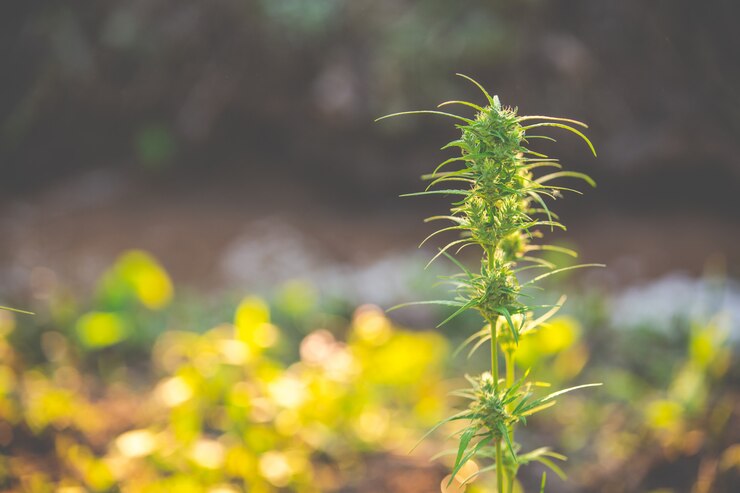Spain’s relationship with marijuana is complex and often confusing for both residents and visitors. While headlines might paint a picture of a free-for-all cannabis haven, the reality is far more nuanced.
In this blog, we’ll delve into the intricacies of Spanish marijuana laws, exploring the legal grey areas, decriminalization, and the rise of cannabis social clubs.
Decriminalization, Not Legalization: Understanding the Distinction
The crucial point to grasp is that marijuana in Spain is decriminalized, not legalized. Decriminalization means possessing and consuming small quantities (usually under 100 grams) for personal use in private spaces is not subject to criminal prosecution. However, it’s crucial to remember that decriminalization does not equate to legal sanction.
The Intricacies of Public vs. Private Use
The key distinction lies in the location of consumption. While decriminalized in private spaces, any public use, possession, or purchase of marijuana remains illegal and can result in fines and confiscation. This means consuming cannabis on the street, in a park, or even on a balcony visible from public areas is strictly prohibited.
Navigating the Maze: Cannabis Social Clubs
A unique feature of the Spanish cannabis landscape is the emergence of cannabis social clubs (CSCs). These are private member-based associations where individuals collectively cultivate and share cannabis for personal use. CSCs operate in a legal grey area, existing outside the commercial market and functioning as non-profit entities.
Membership and Operations of Cannabis Social Clubs
Becoming a member of a CSC typically involves paying an initial fee and monthly dues. The club cultivates cannabis within legal limits, and members can then consume it on the club’s premises. It’s crucial to emphasize that these clubs are not dispensaries; they do not sell cannabis, and their legality remains a subject of ongoing debate and potential legal challenges.
The Ongoing Debate: Potential Benefits and Concerns
Proponents of the Spanish approach argue that decriminalization reduces the burden on the criminal justice system and allows individuals to make informed choices about their personal use. Additionally, CSCs are seen as a way to regulate and control cannabis access, potentially minimizing risks associated with the black market.
However, critics raise concerns about the lack of clear regulations surrounding CSCs, the potential for exploitation within these clubs, and the possibility of increased public cannabis use due to the perceived relaxed stance.
The Future of Marijuana in Spain: Unanswered Questions and Potential Shifts
The legal status of marijuana in Spain remains a topic of ongoing discussion and potential change. The government has yet to establish a comprehensive regulatory framework for cannabis, leaving the current grey area in place.
Debates surround potential legalization models, addressing concerns about public health, social implications, and economic opportunities. Whether Spain will follow the path of countries like Uruguay and Canada towards full legalization or adopt a more regulated system remains an open question.
Important Caveats and Conclusion
It’s essential to remember that the information presented here is for informational purposes only and does not constitute legal advice. Laws and regulations surrounding marijuana are subject to change, and it’s crucial to stay updated on the latest developments before traveling to or residing in Spain.
Furthermore, it’s important to exercise caution and respect local laws and regulations when visiting or living in Spain, regardless of personal beliefs or attitudes toward marijuana use.

